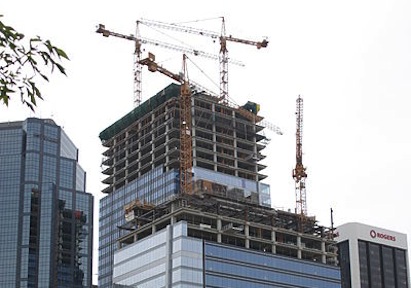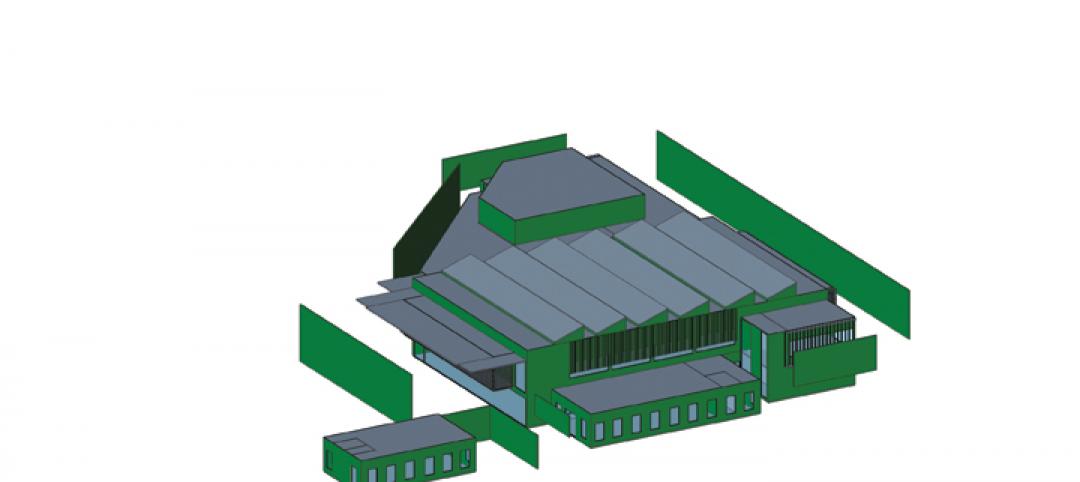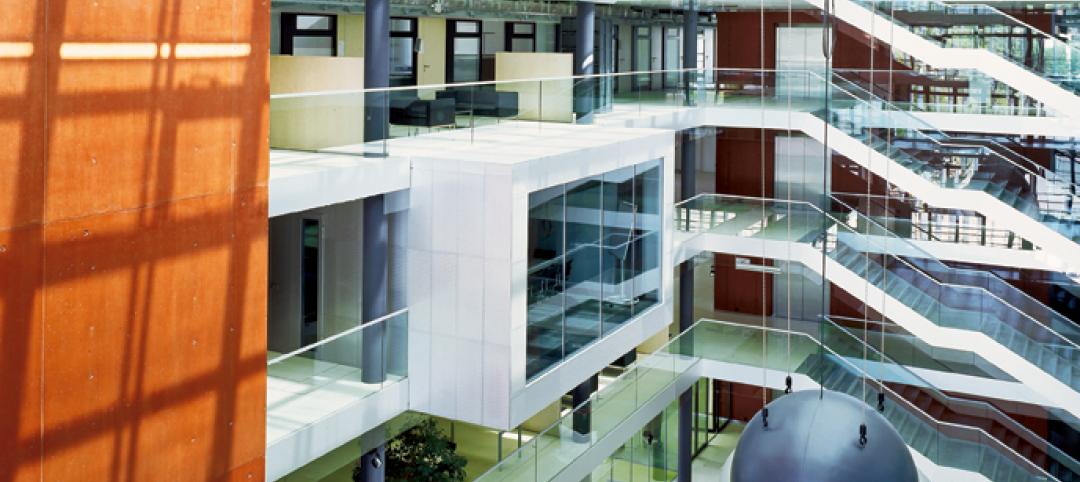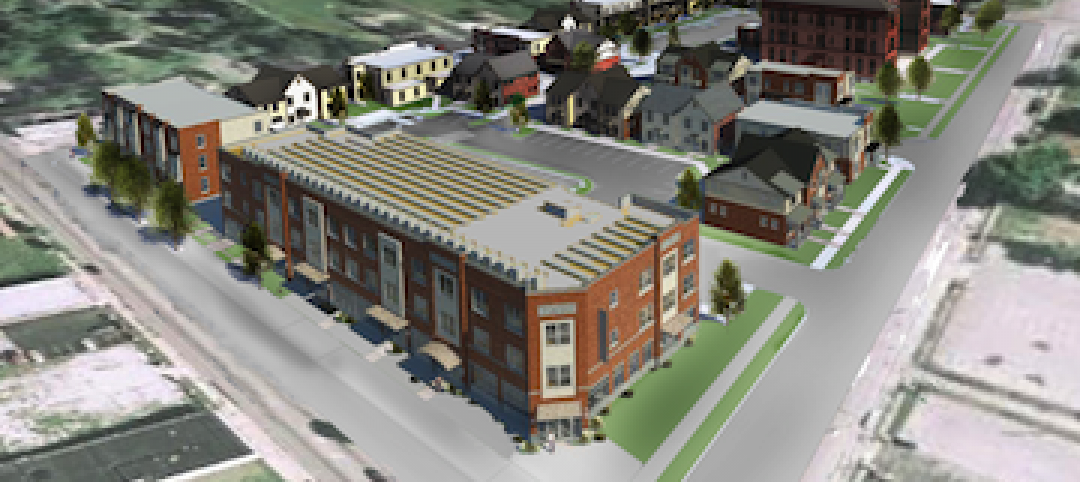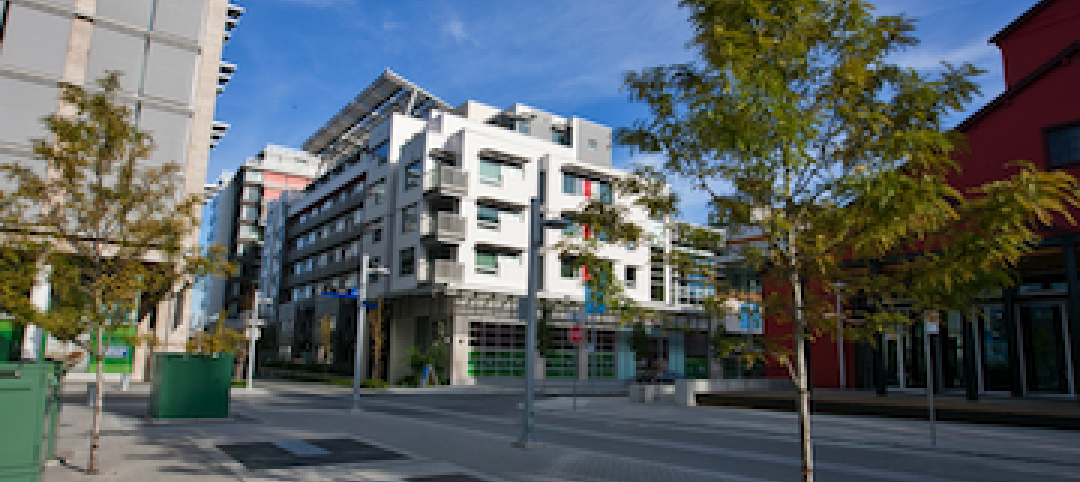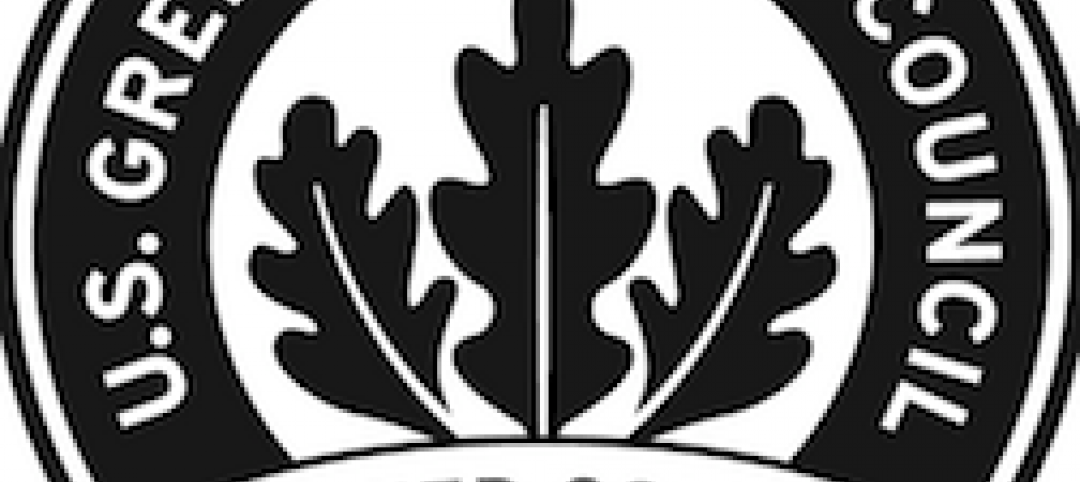Reed Construction Data announced its December Expansion Index stood at 1.48, indicating overall construction in the United States is expected to grow over the next 12 months.
“The positive signs of growth are encouraging and align with other economic data,” said Bernard Markstein, U.S. Chief Economist, Reed Construction Data. “With an Expansion Index greater than 1 in 41 states plus the District of Columbia, the expected improvement in construction appears widespread across the country.” The top five states expected to see an expanding construction market: North Dakota, Rhode Island, Montana, Virginia, Utah.
The Expansion Index is a monthly measure of expectations for the construction marketplace over the upcoming 12-18 months, based on the value of projects in the planning pipeline. A reading greater than 1 indicates construction volume is expected to expand.
In addition to an overall measure of U.S. construction, Reed uses the Expansion Index to track expected construction volume for every state and more than 360 Metropolitan Statistical Areas.
According to Markstein, multiple factors are supporting the positive signal.
“Many pieces are falling into place for a moderately faster-growing economy,” stated Markstein. “Companies are experiencing rising demand. A federal budget deal was signed into law. Residential construction continues to improve. Europe is slowly working its way out of recession. These and other positives mean the Reed Expansion Index is likely to remain well above 1 for several months–an indication that construction activity will rise throughout the year.”
The Expansion Index is a ratio of the value of projects in the planning phase over the value of the projects estimated to be still under construction in a defined geography and/or building segment. The relationship says if more in the pipeline than underway, the volume will increase in the future if that ratio is greater than 1. The data covered includes non-residential and multifamily residential construction.
To view the Expansion Index, visit www.reedconstructiondata.com/market-intelligence/expansion-index.
| 20 Fastest-growing MSAs | |
|---|---|
| MSA | EI rating |
| Duluth, MN-WI Durham, NC El Centro, CA Evansville, IN-KY Flagstaff, AZ Flint, MI Grand Forks, ND-MN Greenville, NC Laredo, TX Logan, UT-ID Missoula, MT Muskegon-Norton Shores, MI Providence-New Bedford-Fall River, RI-MA Salem, OR Waterloo-Cedar Falls, IA Clarksville, TN-KY VA Beach-Norfolk-Newport News, VA-NC Columbia, MO Baton Rouge, LA Greensboro-High Point, NC |
>10 >10 >10 >10 >10 >10 >10 >10 >10 >10 >10 >10 >10 >10 >10 9.56 7.75 7.67 6.91 6.77 |
About Reed Construction Data
Reed Construction Data is a trusted source for detailed, accurate, and up-to-date information on private and public construction projects across the United States and Canada. Reed’s data collection teams leverage strong industry relationships, innovative technology, and third-party data sources to deliver timely and accurate information on projects, companies, and contacts and daily updates for all types of general and civil construction. For more information, visit www.reedconstructiondata.com.
Related Stories
| Nov 2, 2010
Energy Analysis No Longer a Luxury
Back in the halcyon days of 2006, energy analysis of building design and performance was a luxury. Sure, many forward-thinking AEC firms ran their designs through services such as Autodesk’s Green Building Studio and IES’s Virtual Environment, and some facility managers used Honeywell’s Energy Manager and other monitoring software. Today, however, knowing exactly how much energy your building will produce and use is survival of the fittest as energy costs and green design requirements demand precision.
| Nov 2, 2010
Yudelson: ‘If It Doesn’t Perform, It Can’t Be Green’
Jerry Yudelson, prolific author and veteran green building expert, challenges Building Teams to think big when it comes to controlling energy use and reducing carbon emissions in buildings.
| Nov 2, 2010
Historic changes to commercial building energy codes drive energy efficiency, emissions reductions
Revisions to the commercial section of the 2012 International Energy Conservation Code (IECC) represent the largest single-step efficiency increase in the history of the national, model energy. The changes mean that new and renovated buildings constructed in jurisdictions that follow the 2012 IECC will use 30% less energy than those built to current standards.
| Nov 1, 2010
Sustainable, mixed-income housing to revitalize community
The $41 million Arlington Grove mixed-use development in St. Louis is viewed as a major step in revitalizing the community. Developed by McCormack Baron Salazar with KAI Design & Build (architect, MEP, GC), the project will add 112 new and renovated mixed-income rental units (market rate, low-income, and public housing) totaling 162,000 sf, plus 5,000 sf of commercial/retail space.
| Nov 1, 2010
John Pearce: First thing I tell designers: Do your homework!
John Pearce, FAIA, University Architect at Duke University, Durham, N.C., tells BD+C’s Robert Cassidy about the school’s construction plans and sustainability efforts, how to land work at Duke, and why he’s proceeding with caution when it comes to BIM.
| Nov 1, 2010
Vancouver’s former Olympic Village shoots for Gold
The first tenants of the Millennium Water development in Vancouver, B.C., were Olympic athletes competing in the 2010 Winter Games. Now the former Olympic Village, located on a 17-acre brownfield site, is being transformed into a residential neighborhood targeting LEED ND Gold. The buildings are expected to consume 30-70% less energy than comparable structures.
| Oct 27, 2010
Grid-neutral education complex to serve students, community
MVE Institutional designed the Downtown Educational Complex in Oakland, Calif., to serve as an educational facility, community center, and grid-neutral green building. The 123,000-sf complex, now under construction on a 5.5-acre site in the city’s Lake Merritt neighborhood, will be built in two phases, the first expected to be completed in spring 2012 and the second in fall 2014.
| Oct 21, 2010
GSA confirms new LEED Gold requirement
The General Services Administration has increased its sustainability requirements and now mandates LEED Gold for its projects.
| Oct 18, 2010
World’s first zero-carbon city on track in Abu Dhabi
Masdar City, the world’s only zero-carbon city, is on track to be built in Abu Dhabi, with completion expected as early as 2020. Foster + Partners developed the $22 billion city’s master plan, with Adrian Smith + Gordon Gill Architecture, Aedas, and Lava Architects designing buildings for the project’s first phase, which is on track to be ready for occupancy by 2015.


